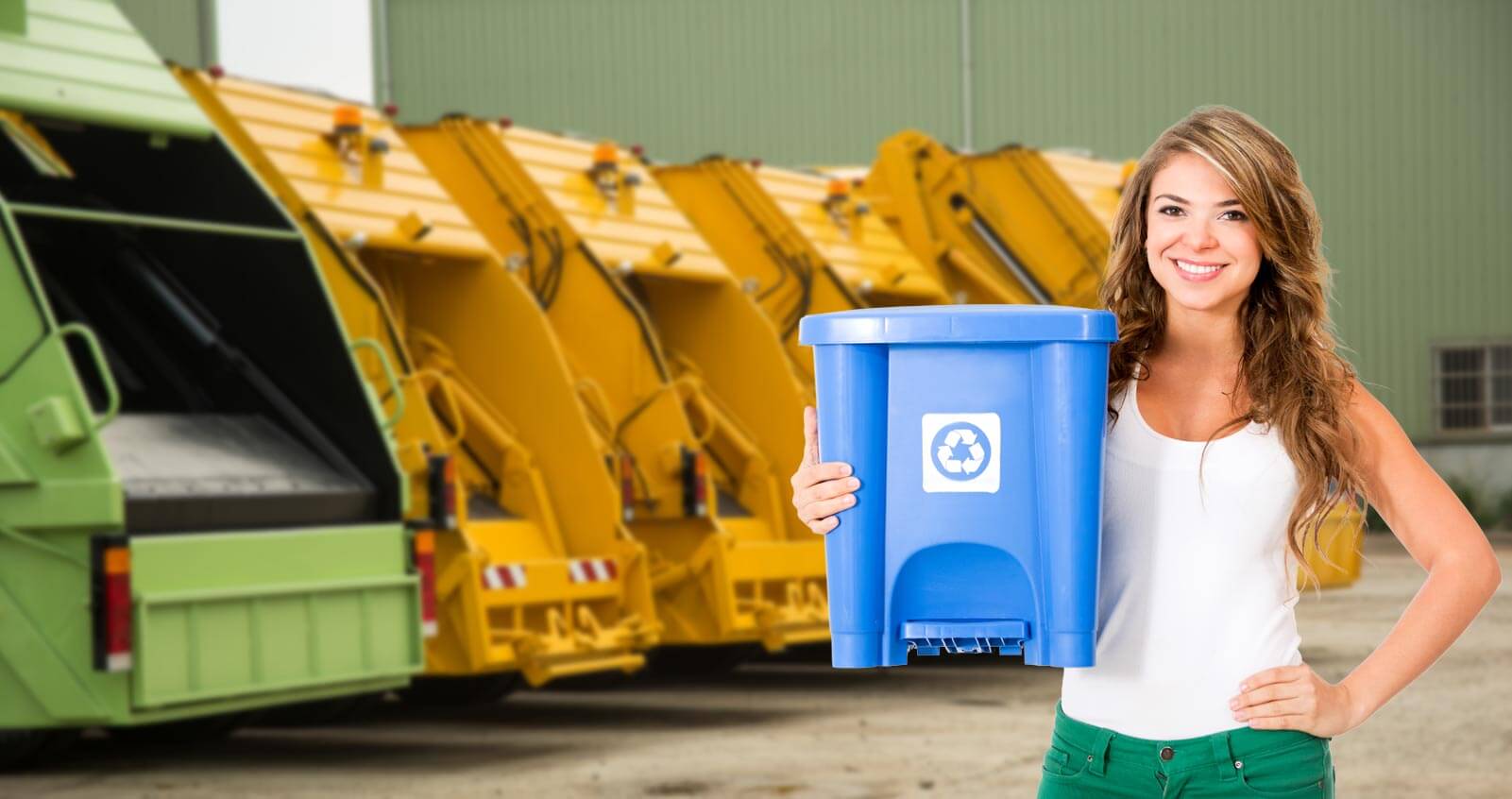Sustainable Waste Practices in Offices
Posted on 05/10/2025
Sustainable Waste Practices in Offices
Sustainable Waste Practices in Offices
Sustainability is no longer just a buzzword; it has become a leading priority in responsible business practices. With workplaces generating vast amounts of waste due to daily operations, it is crucial to adopt sustainable waste practices in offices. From reducing paper usage to implementing recycling programs, here's how companies can embark on a journey towards a greener workplace.
Importance of Sustainable Waste Practices
The environmental impact of office waste is significant. By reducing, reusing, and recycling office waste, businesses can conserve resources, save energy, and reduce greenhouse gas emissions. Moreover, sustainable practices can enhance a company's reputation and may attract environmentally conscious clients and employees.

Paper Usage Reduction
Paper remains one of the largest components of office waste. To address this, offices can adopt several strategies:
- Going Digital: Encourage the use of digital documentation to minimize the need for printed materials.
- Double-Sided Printing: Configure printers to default to double-sided printing to reduce paper consumption.
- Reuse Paper: Use discarded single-sided paper for note-taking or internal drafts.
Implementing Recycling Programs
An effective recycling program can significantly cut down on office waste. Policies should include:
- Comprehensive Recycling Bins: Place labeled bins for paper, plastics, metals, and e-waste in accessible locations.
- Employee Education: Provide training and incentives to encourage proper sorting and recycling habits.
Electrical and Electronic Waste (E-Waste) Management
E-waste is a growing concern due to its toxic components and rapid turnover rates of gadgets. Sustainable practices for managing e-waste include:
- Donation Programs: Donate functional but outdated equipment to schools or non-profits.
- Proper Disposal: Partner with certified e-waste recycling companies to safely dispose of electronics.
Green Procurement Policies
Procuring eco-friendly products can considerably reduce office waste. Consider the following tips:
- Recycled Products: Purchase office supplies made from recycled materials.
- Minimal Packaging: Select vendors that offer minimal or recyclable packaging options.
Office Composting
Composting organic waste is an excellent way to reduce landfill contributions and create nutrient-rich soil. Implementing an office composting system can involve:
- Compost Bins: Place compost bins in common areas such as kitchens and break rooms for food scraps and biodegradable materials.
- Composting Partnerships: Partner with local composting services for the collection and processing of compostable waste.
Pros and Cons
Pros
- Reduces environmental impact and ecological footprint.
- Can lead to cost savings in the long run through resource efficiency.
- Improves corporate image and employee morale.
Cons
- Initial implementation may require investment and effort.
- Requires continuous employee engagement and education.
Tips for Success
- Start Small: Implement one sustainability practice at a time to avoid overwhelming employees.
- Involve Employees: Create a green team to oversee initiatives and keep the momentum going.
- Set Goals: Establish measurable goals and track progress to stay motivated and accountable.

Takeaways
Focusing on sustainable waste practices helps preserve natural resources, reduce landfill usage, and contribute to a healthier planet. Simple changes such as recycling, reducing paper usage, and proper e-waste management can make a huge difference.
Conclusion
Adopting sustainable waste practices in offices is a crucial step towards protecting our environment. By understanding the importance, taking actionable steps, and involving the entire team, businesses can create a more sustainable future. Start today and be a part of the solution for a greener tomorrow.




